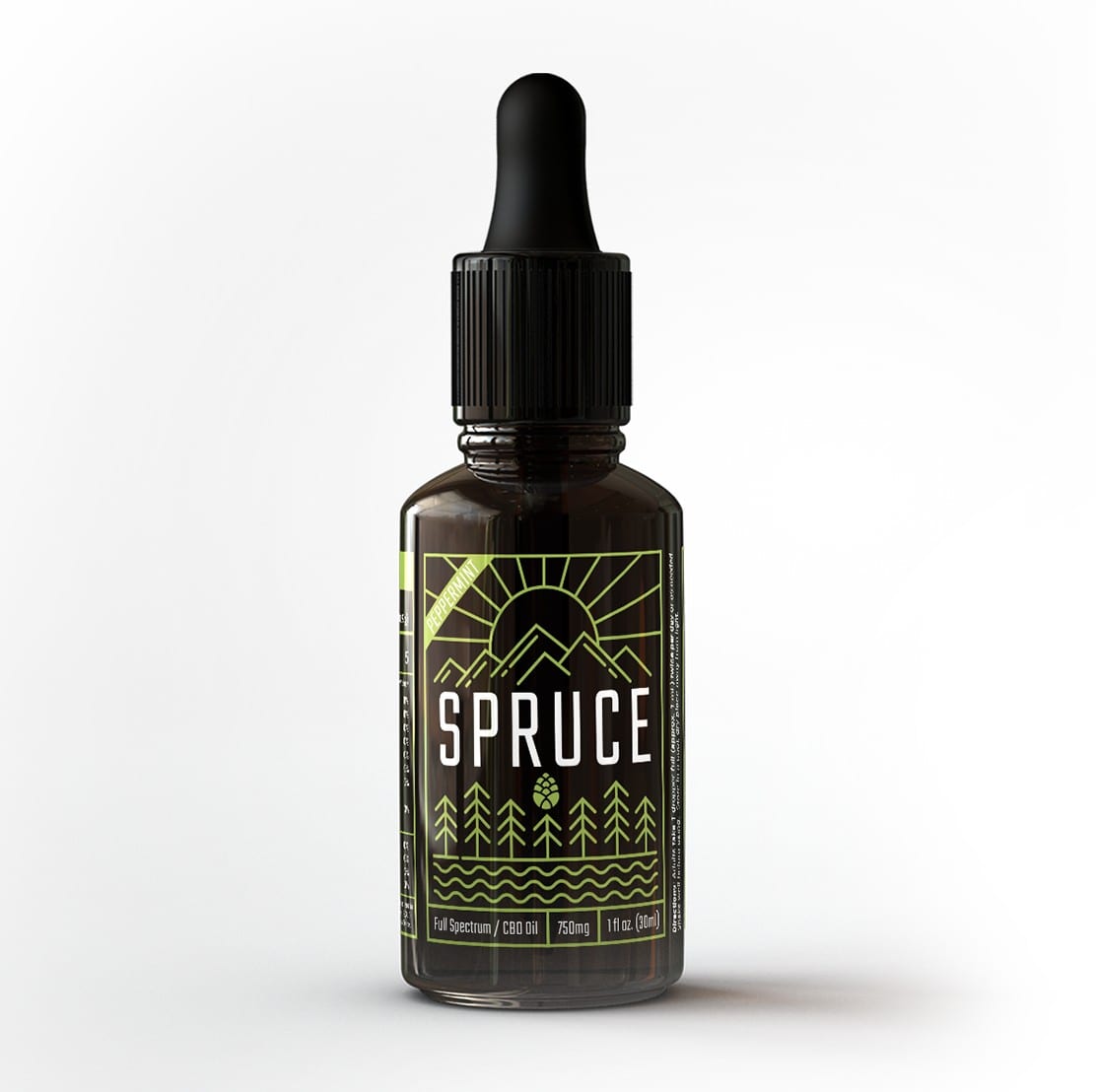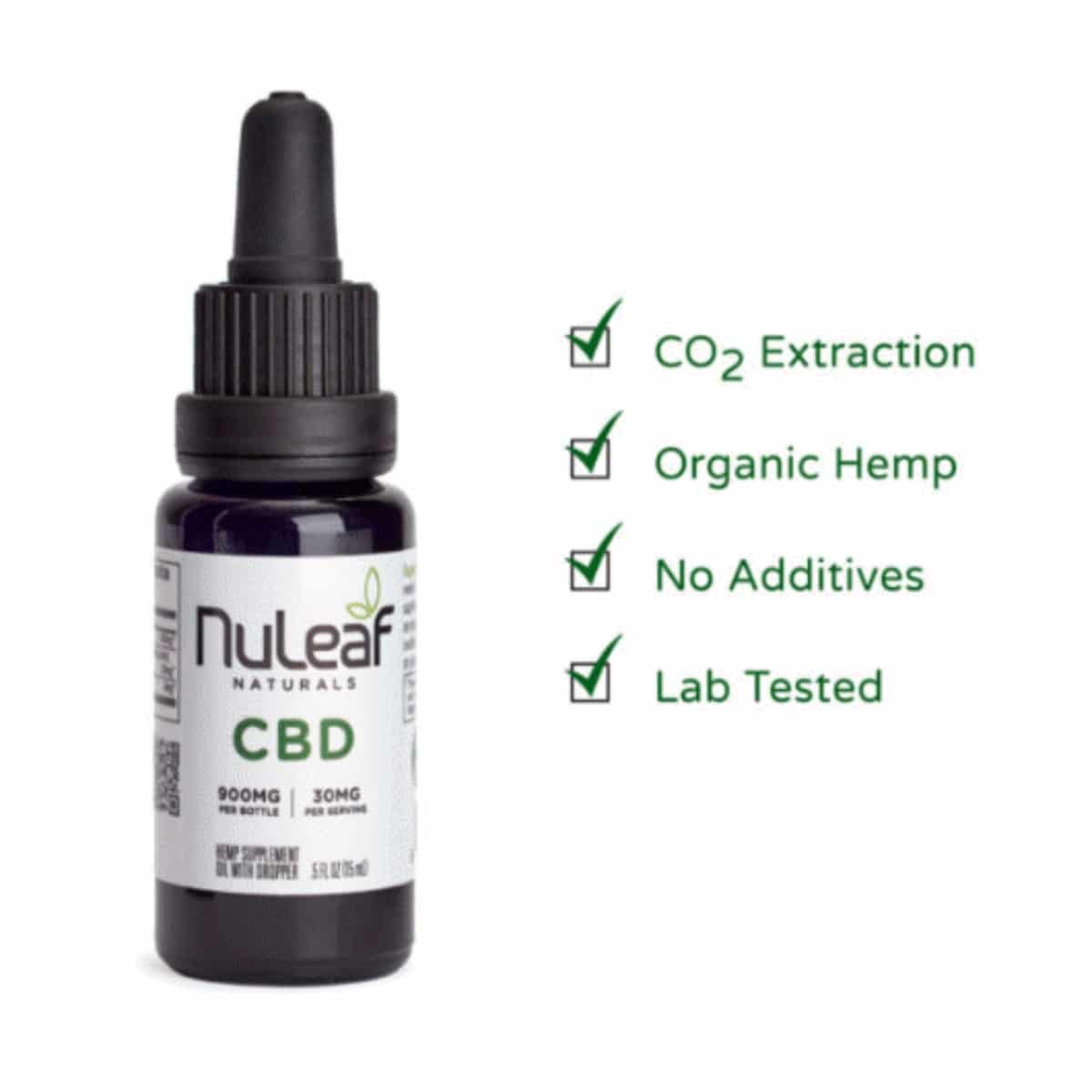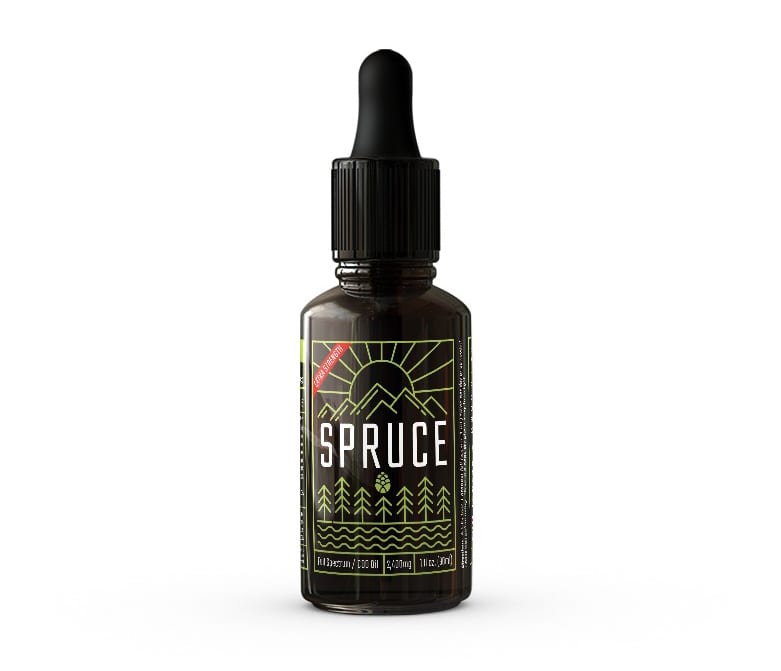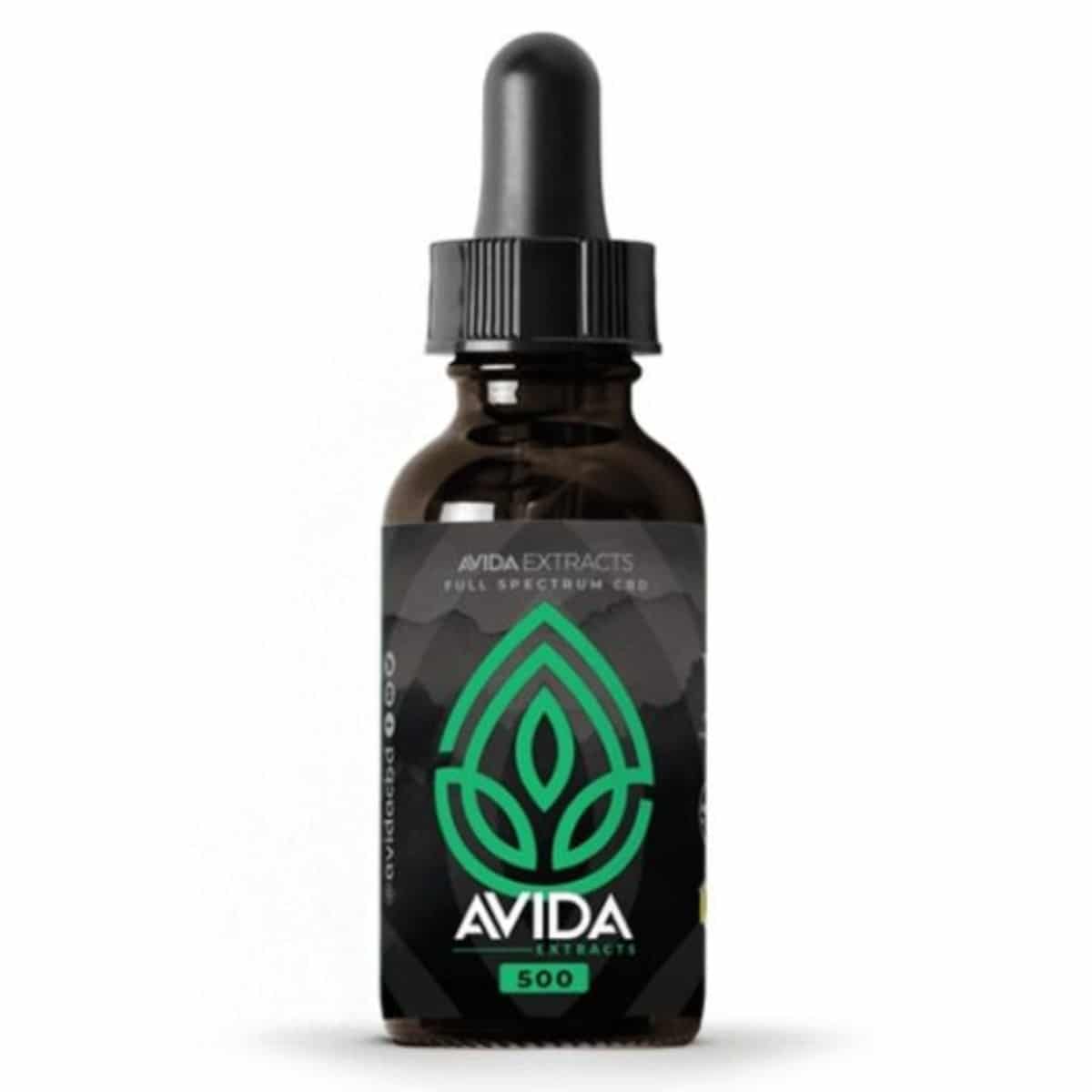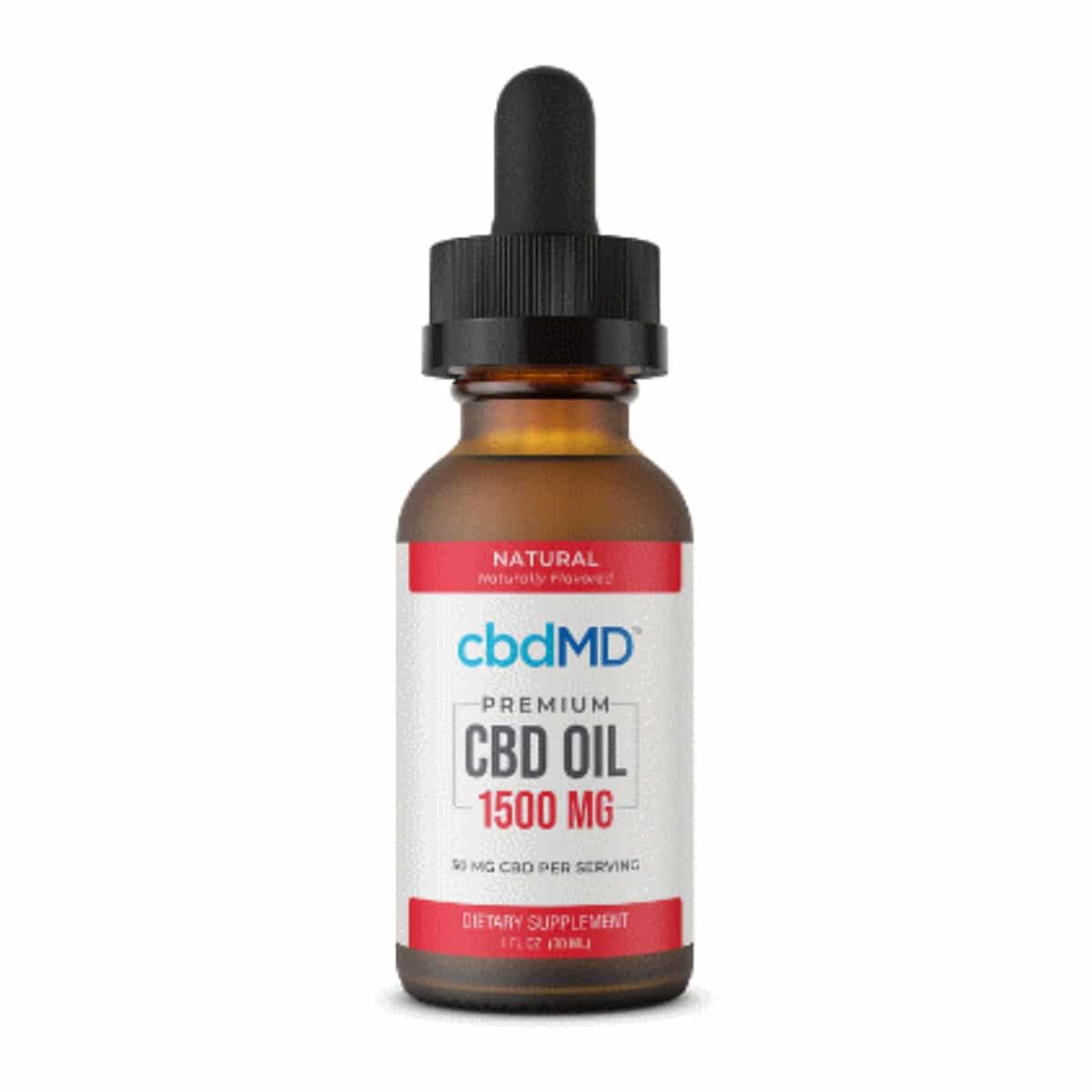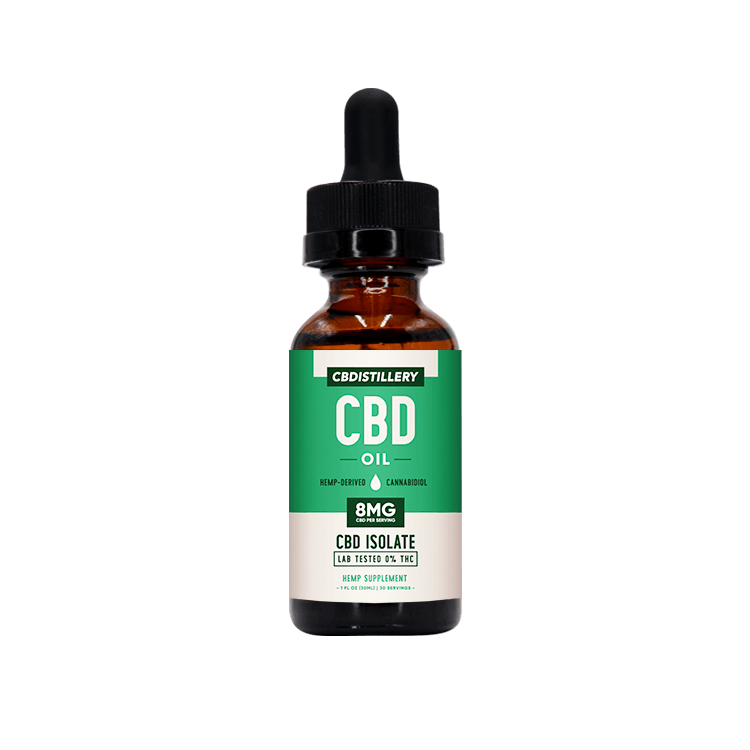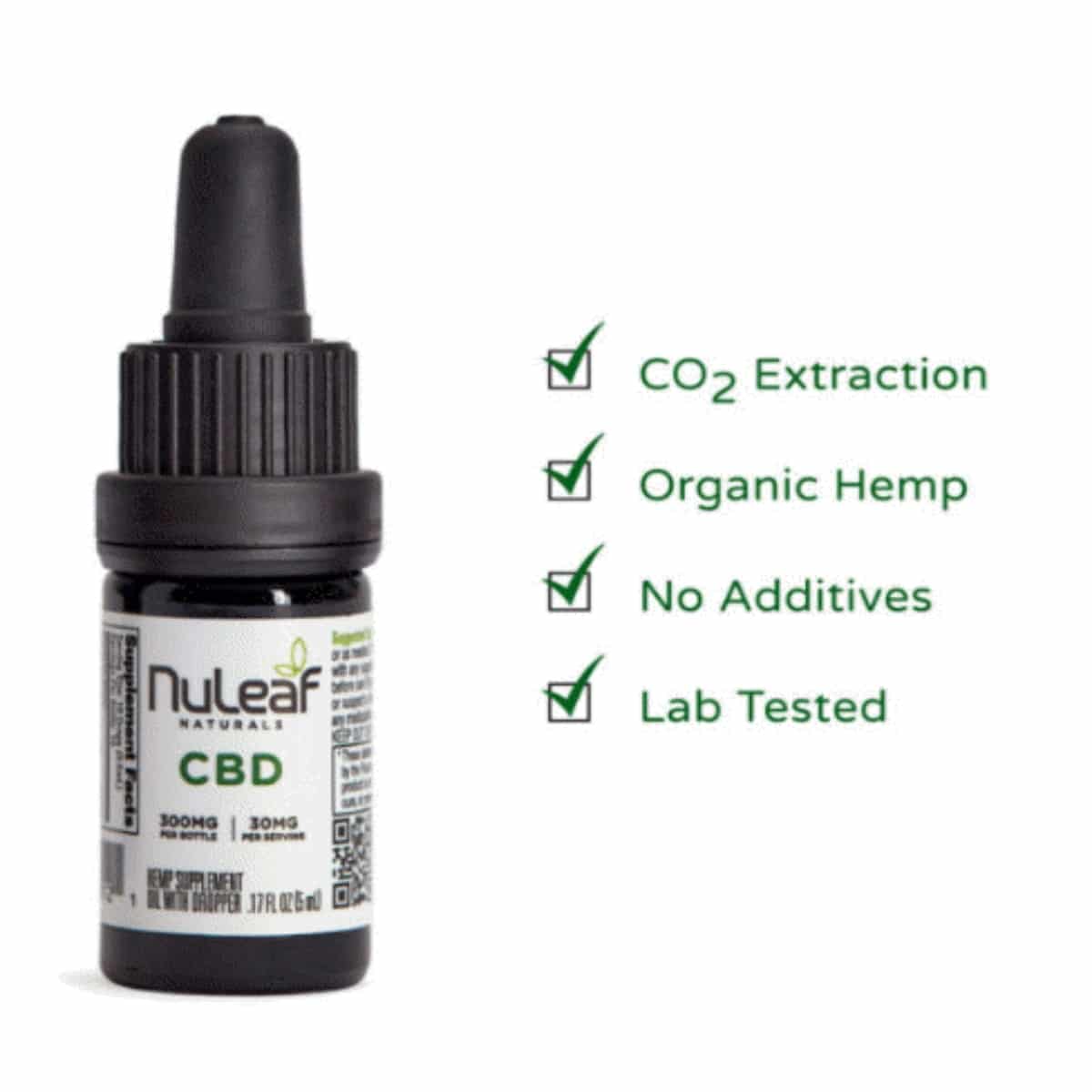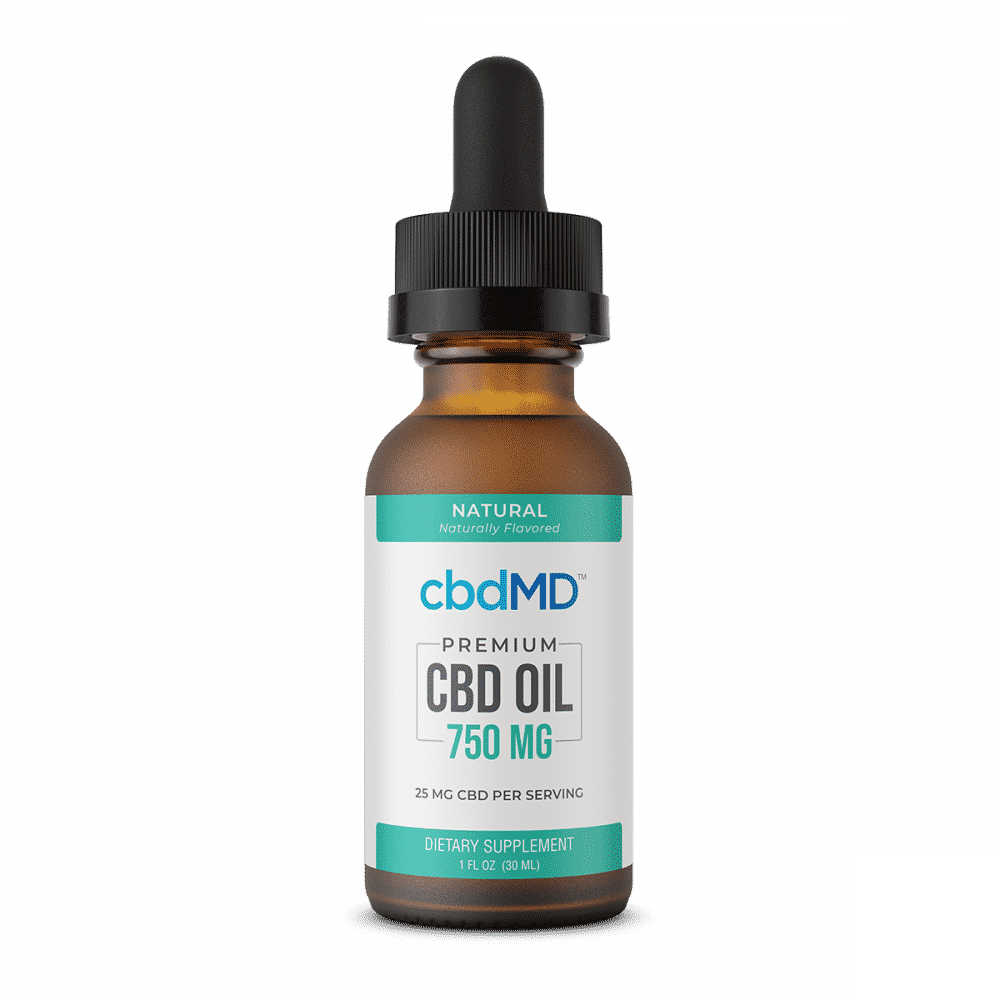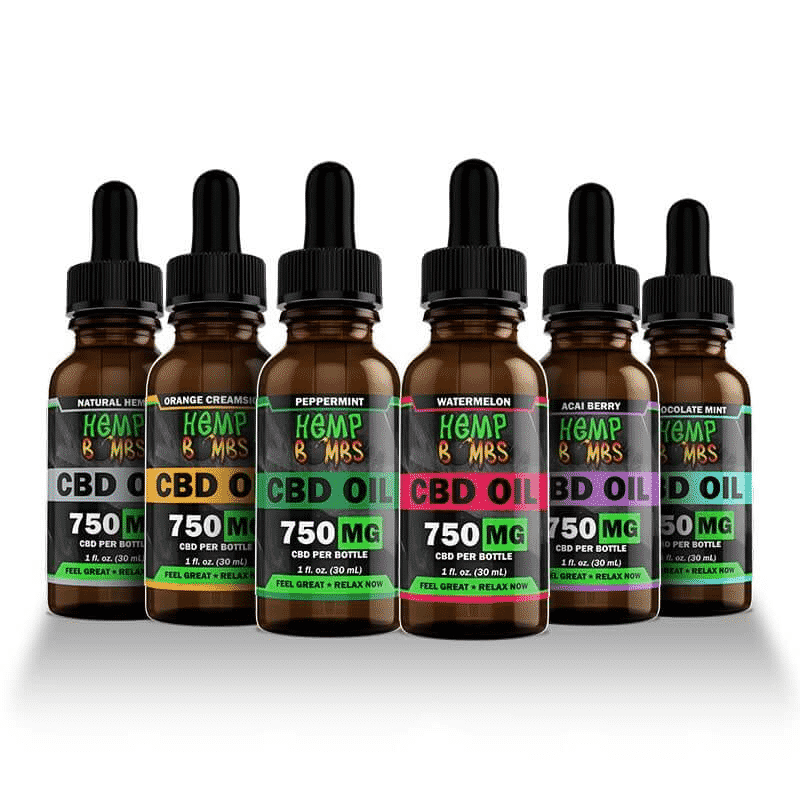Best CBD Oil for Brain Health
Research is ongoing to conclusively determine the health benefits of alternative remedies for your mental health and well-being. Learn more about CBD and how it may help benefit brain health.
Best CBD Oil for Brain Health 2025
- Spruce 750mg Lab Grade CBD Oil Editor's Pick
- NuLeaf Naturals 900mg Full Spectrum Hemp CBD Oil Best Organic
- Spruce 2400mg Lab Grade CBD Oil Editor's Pick
- Avida Full Spectrum CBD Oil Tincture 500mg Best Seller
- cbdMD CBD Oil Tincture Natural 1500mg Best Natural Alternative
- CBDistillery THC Free CBD Oil Tinctures Best THC-Free
- cbdMD CBD Oil Tincture Natural 750mg Best Customer Rated
- NuLeaf Naturals 300mg Full Spectrum Hemp CBD Oil Best Starter
- Hemp Bombs 750mg CBD Oil Best Flavor Range
Compare the Best CBD Oil for Brain Health in 2022
Best CBD Oil for Brain Health
1. Spruce 750mg Lab Grade CBD Oil
cbdc overall score
4.8
CBDC Evaluation Table/Score
| Pros | Cons |
|---|---|
|
Mid-strength |
No other flavors |
|
Natural peppermint flavor |
|
|
Made from 100% organic and natural ingredients |
Overview
Each bottle of the 750mg CBD oil tincture contains 25mg of CBD per dropper full. The oil is peppermint flavor to mask any unpleasant tastes related to CBD.
2. NuLeaf Naturals 900mg Full Spectrum Hemp CBD Oil
cbdc overall score
5.0
CBDC Evaluation Table/Score
| Pros | Cons |
|---|---|
|
Pure CBD hemp |
No other flavors |
|
All natural |
|
|
Approximately 300 drops total |
Overview
Natural remedy for various illnesses. NuLeaf Naturals’ CBD oil is a whole-plant extract containing a full spectrum of naturally occurring synergistic cannabinoids and terpenes.
3. Spruce 2400mg Lab Grade CBD Oil
cbdc overall score
5.0
CBDC Evaluation Table/Score
| Pros | Cons |
|---|---|
|
Extra Strength |
Tastes bitter |
|
No artificial flavoring or colors |
No THC-free option |
|
Made from 100% organic and natural ingredients |
Overview
The largest bottle of CBD oil that Spruce offers contains 2,400mg of CBD. This is full-spectrum CBD oil, which is the maximum possible potency. Each high potency dropper full contains 80mg of CBD. There are no flavorings in it, which allows for the most CBD to fit in the 30ml bottle.
4. Avida Full Spectrum CBD Oil Tincture 500mg
cbdc overall score
4.6
CBDC Evaluation Table/Score
| Pros | Cons |
|---|---|
|
Light Spearmint flavor |
No other flavor |
|
Non-THC, Non-detected in drug test |
Overview
Avida Extracts Full Spectrum CBD oil is the latest iteration of the brand’s advanced Avida CORE Spectrum technology. They use a proprietary full spectrum blend, resulting in the highest naturally occurring Phyto-cannabinoids and Terpenes with THC (<0.3) to support your health.
5. cbdMD CBD Oil Tincture Natural 1500mg
cbdc overall score
4.7
CBDC Evaluation Table/Score
| Pros | Cons |
|---|---|
|
Various delicious flavors to choose from |
cbdMD uses MCT as its carrier oil so individuals who are allergic with coconuts should consider other brand options |
|
Has vegan, organic, and gluten-free ingredients |
|
|
Free shipping for this particular product within USA |
|
|
World-class customer service team |
Overview
cbdMD’s CBD oil tinctures are made using only CBD sourced from medical hemp and MCT oil as a carrier oil. Tinctures are offered in orange, mint, natural, and berry flavors. Safe for daily use, the oil tinctures are packaged with a built-in rubber dropper to adjust CBD dosage easily. The packaging is made to be easy to transport and discreet to use.
6. CBDistillery THC Free CBD Oil Tinctures
cbdc overall score
4.4
CBDC Evaluation Table/Score
| Pros | Cons |
|---|---|
|
60-Day Satisfaction Guarantee |
Dropper is a bit shaky |
|
Various strengths |
|
|
Oil extracted from aerial plant parts of US grown industrial hemp |
|
|
Sourced from non-GMO industrial hemp grown in the USA through natural farming practices |
Overview
CBDistillery’s Isolate CBD Oil Tinctures harness the power of pure CBD. CBD Isolate Oil Tinctures include 0.0% THC. When you use CBDistillery CBD Isolate Oil Tinctures, you can be assured you’re using the highest quality CBD on the market.
7. NuLeaf Naturals 300mg Full Spectrum Hemp CBD Oil
cbdc overall score
4.6
CBDC Evaluation Table/Score
| Pros | Cons |
|---|---|
|
Pure CBD hemp |
No other flavors |
|
All natural |
A bit pricey compared to competitors |
|
Approximately 100 drops total |
Overview
This is one of several concentrations from NuLeaf Naturals. As the lowest concentration, it is the company’s best option for those new to CBD oil. The product is lab-tested and fully organic. It is full-spectrum, so it contains THC in small quantities.
8. cbdMD CBD Oil Tincture Natural 750mg
cbdc overall score
4.4
CBDC Evaluation Table/Score
| Pros | Cons |
|---|---|
|
Vegan and Gluten free |
Does not ship internationally |
|
Has a third-party lab test |
|
|
Wide variety of CBD strengths and sizes |
Overview
A 750mg bottle of cbdMD’s Broad Spectrum Oil Tincture does not contain THC. It also has a fairly wide flavor range which is perfect for those who prefer other taste. Vegan consumers are considered since cbdMD offers Vegan products. Aside from all of that, another reason why people love cbdMD is because it’s free from harmful chemicals.
9. Hemp Bombs 750mg CBD Oil
cbdc overall score
3.9
CBDC Evaluation Table/Score
| Pros | Cons |
|---|---|
|
Wide variety of flavors |
Incomplete information about the product |
|
Lab test results are complete |
Does not ship to all international countries |
|
30-day money-back guarantee |
Overview
Hemp Bombs offer CBD Oil Tinctures that come in a 30ml bottle containing 750mg of CBD. They provide a wide range of flavors perfect for those that have a knack for sweets. Consumers can safely intake this because it’s free of chemicals and pesticides. Hemp Bombs also offer a 20% off on products upon subscription.
How CBD May Help With Brain Health
Cannabidiol or CBD is among the most studied phytocannabinoids of the Cannabis sativa plant. Research shows CBD may provide neuroprotective, anti-inflammatory, and immunomodulatory benefits(1).
Phytocannabinoids are naturally-occurring cannabinoids found in plants. In particular, CBD has been an interest among researchers for potential therapeutic properties without the euphoric effects associated with delta-9 tetrahydrocannabinol (Δ9-THC)(2).
The cannabinoid Δ9-THC is usually found in marijuana and known to cause psychoactive effects when taken.
CBD and other cannabinoids like Δ9-THC interact with the body’s endocannabinoid system (ECS) to help modulate and influence various physiological systems(3).
Uses and Benefits of CBD for Brain Health
Human and animal research suggests CBD may help decrease inflammatory cytokine production, ramify microglial cells, maintain cerebral circulation during ischemic (restricted blood flow) events, and reduce neuroinflammation(4).
Cytokines are proteins produced by immune cells. These proteins are involved in the body’s immune responses and regulate the growth and responsiveness of cell populations.
Microglial cells are immune cells in the central nervous system (CNS). Microglia in its ramified form is considered “at rest” while still able to respond to injury or threat.
CBD may help produce vasodilation (widening blood vessels) and lower blood pressure(5), making it a potential alternative to protect against cerebrovascular damage caused by stroke and maintain overall brain health.
In a 2016 review, the researchers mentioned that CBD may help reduce brain damage due to ischemic or neurodegenerative conditions. They also said that CBD may help attenuate anxiety-, psychotic-, and depressive-like behavior(6).
One study on mice suggested CBD may help reduce acute and apoptotic (programmed cell death) hypoxic-ischemic brain damage. Thus, CBD may potentially induce robust neuroprotection, especially in an immature brain(7).
Hypoxic-ischemic brain damage is caused by oxygen deprivation in the brain.
While the study was conducted on an in-vitro animal model, it provides a viable reference for future research for human clinical trials.
CBD Dosage for Brain Health
Various factors such as diet, exercise, genetics, health conditions, and stress levels may influence your dosage for CBD(8).
CBD dosage guides for brain health have not been approved by the Food and Drug Administration (FDA). If you are starting to take cannabis products, one recommendation is to start on a lower dose of CBD(9).
Additionally, establishing universal dosing standards may be close to impossible with about 1,000 marijuana- and hemp-derived CBD products in the market(10).
One study mentioned that humans may tolerate high CBD doses of up to 1,500 milligrams (mg) of CBD per day(11).
How to Take CBD Oil for Brain Health
Several methods of taking CBD oil to help manage symptoms of CP and improve quality of life include:
- Sublingual administration: CBD tinctures are administered sublingually or under the tongue. This method allows CBD to bypass the digestive tract and spread directly into the bloodstream.
CBD oil tinctures are often administered using droppers for accurate dosing. You may also apply oromucosal sprays sublingually.
CBD tinctures are usually added with a carrier oil, such as hempseed oil (from hemp seeds) and medium-chain triglycerides or MCT oil, to dilute the CBD oil.
MCT oil typically comes from coconut oil or palm kernel oil.
Some products are added with natural flavors like peppermint to cater to customers’ preferences.
- Oral administration: CBD ingested orally passes through the digestive tract and is processed in the liver before being carried into the bloodstream.
CBD capsules and softgels and CBD edibles like gummies, candies, and chews are examples of products taken orally.
- Topical application: Topical CBD oil products are applied to the skin for localized pain relief(12).
Examples of CBD topical products include CBD creams, ointments, or lotions are applied to the skin.
- Inhalation: CBD oil may be delivered through inhalation by means of vaping. Inhalation is among the fastest ways to administer CBD into the body(13).
Caution is advised if you plan to use vapes as a method to take CBD. Vaping has potential health risks that may cause damage to your lungs(14).
Individuals with health issues like epilepsy, Alzheimer’s disease, or anxiety disorders must consult their doctor before using CBD vapes or other CBD products.
How Long Does CBD Take to Help With Brain Health?
There is currently no specific study on onset times of CBD for brain health.
However, data show the onset time for oral ingestion of CBD is 30 to 90 minutes(15).
For sublingual, topical, and transdermal administration, the time it takes for CBD to take effect is around 15 to 30 minutes. On the other hand, inhalation may take about 2 to 15 minutes
How Long Will CBD Help With Brain Health?
To date, there is insufficient scientific data on the duration of CBD’s effects on brain health.
However, in one study, CBD was shown to have a half-life of nine hours and is preferentially excreted from the body as urine(16).
Half-life is the period a drug takes to reduce its quantity or concentration within the body by 50%.
In another study published in 2018, the researchers stated that CBD oromucosal sprays administered at doses of 5mg to 20mg may have a half-life between 1.4 and 10.9 hours(17).
Side Effects and Risks of Using CBD for Brain Health
Some side effects of CBD use include fatigue, dry mouth, appetite loss, drowsiness, and diarrhea(18).
One study on the effects of CBD showed that individuals prescribed with CBD oil experienced adverse effects like sedation and vivid dreams(19).
CBD products may have a grapefruit warning on their labels. A grapefruit warning cautions users that CBD may interfere with other medications, preventing them from being metabolized and absorbed by the body.
The grapefruit warning comes from the adverse effects of grapefruit juice on other drugs. Grapefruit juice blocks the CYP3A4 enzymes that play a role in drug metabolization(20).
Unmetabolized drugs may remain in the body longer. Too much drug in the system can lead to more side effects.
How to Choose the Right CBD Oil for Brain Health
Several factors determine the best CBD oil to help with brain health, such as extraction methods and the types of CBD products.
Hemp extract containing CBD can be extracted from the cannabis plant using hydrocarbon, ethanol, or CO2 extraction methods.
After extraction, the CBD extract may be classified as full-spectrum CBD, broad-spectrum CBD, or CBD isolates.
Full-spectrum CBD oil (sometimes called full-spectrum hemp oil) contains all the cannabinoids and compounds from the cannabis plant, such as THC, cannabigerol (CBG), terpenes, and flavonoids.
CBG is a cannabinoid purported to help with neurologic disorders and inflammatory bowel disease. CBG may also have antibacterial potential(21).
Terpenes are compounds that provide plants an aromatic effect, while flavonoids are known to have antioxidant properties.
Combining these compounds creates an “entourage effect,” where the combined benefits of cannabinoids and other compounds are greater than the sum of each contributing part’s benefits(22).
Broad-spectrum CBD oils usually contain similar contents as full-spectrum CBD oil except for THC. Meanwhile, CBD isolates only contain pure CBD without other cannabinoids or compounds.
Consider THC-free products like isolates or broad-spectrum CBD if you prefer CBD products without the psychoactive effects of THC.
When choosing a high-quality CBD oil product, you may consider those that are non-GMO and gluten-free.
You may also consider products made from organic hemp plants cultivated by USA organic farms certified or endorsed by the US Department of Agriculture (USDA). Many organic farms are located in Colorado, Kentucky, and California.
Reputable CBD companies also provide their CBD products with a certificate of analysis (COA). COAs are third-party lab test results that analyze the product’s actual CBD content.
Additionally, third-party lab tests determine whether the product contains harmful contaminants, like pesticides, solvents, or heavy metals, that may cause toxicity and health risks to consumers.
Consider reviewing the product’s COA to ensure the information displayed on the product’s label matches the lab results. CBD brands selling quality products must be transparent by posting the COAs on their website.
The FDA cautions consumers that CBD products marketed as food additives or dietary supplements are illegal.
Individuals interested in purchasing and using CBD to help with brain function and health should check their state’s laws to determine whether CBD or medical cannabis is legal in their area.
Legality of CBD
The enactment of the 2018 Farm Bill removed hemp-based CBD products containing less than 0.3% THC from the Drug Enforcement Administration’s controlled substances list. The law also legalized the cultivation of industrially-grown hemp.
CBD products containing more than 0.3% THC are considered illegal under federal law(23).
The legal use of CBD oil and medical marijuana may vary among states. Review your state’s laws and check your CBD product’s THC content to determine whether using CBD is legal in your area.
One important disclaimer is that you should not use CBD oil for treating any diseases or illnesses. Consult a professional health worker about your current medical condition before purchasing CBD products from a website, pharmacy, or dispensary.
Product Frequently
Asked Questions
-
How can CBD help with brain health?
CBD is a phytocannabinoid that may have neuroprotective, anti-inflammatory, and immunomodulatory benefits(24).
CBD interacts with the body’s endocannabinoid system to help modulate and influence various physiological systems(25).
Studies suggest CBD may help reduce inflammatory cytokine production, allow microglial cells to identify immune threats while at rest, maintain cerebral circulation during ischemic (restricted blood flow) events, and reduce neuroinflammation(26).
Cytokines are proteins produced by immune cells. Microglial cells are immune cells in the central nervous system (CNS).
Data suggest that CBD’s purported therapeutic benefits may help with brain function and protection, which are essential for overall brain health.
-
What evidence or research exists to say that CBD helps with brain health?
CBD may help maintain brain health by exerting vascular effects such as producing vasodilation and helping lower blood pressure, protecting against cerebrovascular damage due to stroke(27).
Vasodilation is the widening of the blood vessels to allow more blood to flow.
CBD may also help reduce brain damage caused by ischemic or neurodegenerative conditions and attenuate anxiety-, psychotic-, and depressive-like behaviors(28).
Additionally, CBD may assist in inducing robust neuroprotection, especially in an immature brain(29).
-
Is there any evidence that CBD can make brain health worse?
To date, there are no conclusive scientific studies or clinical trials that suggest CBD may worsen brain health.
However, CBD has side effects, such as appetite loss, drowsiness, dry mouth, fatigue, and diarrhea(30).
One study on the effects of CBD on patients prescribed with CBD oil showed that taking CBD may cause individuals to experience vivid dreams and sedation(31).
-
Will CBD interact with any current medication I may be taking for brain health?
CBD may interfere with the effects of other drugs, preventing them from getting metabolized and absorbed by the body. Unmetabolized drugs may remain in the body longer, leading to more side effects.
Consumers should check CBD product labels for a grapefruit warning. The warning indicates that CBD has the potential to interact with other drugs, preventing them from metabolizing and getting absorbed by the body.
-
Are there other treatments I should consider alongside CBD to help with brain health?
If you are currently taking medications or treatments for brain health or chronic pain relief, initiate a conversation with a professional health worker. They may help determine what remedies you may take alongside CBD.
-
Can I fail a drug test if I use CBD for brain health?
CBD products with THC levels of no more than 0.3% usually do not cause you to fail a drug test. However, prolonged and frequent CBD oil use may cause your THC levels to increase and be detected(32).
-
What is the dosage for brain health?
Different variables, such as diet, exercise, diet, genetics, health conditions, and stress levels, may influence the CBD dosage that you take(33).
CBD dosage guides for brain health have not been approved by the Food and Drug Administration (FDA). One recommendation when taking CBD is to start on a lower dose(34).
According to research, humans may tolerate doses of up to 1,500 mg of CBD per day(35).
-
Can CBD oil trigger any past addictive behavior?
To date, no incidents of dependence, abuse, or past addictive behavior have been triggered by the use of CBD.
The World Health Organization acknowledges that CBD does not exhibit effects indicative of dependence or abuse potential(36).
-
Does CBD affect memory?
A 2020 study suggested that CBD does not affect cognition among healthy individuals. Instead, CBD may help improve cognitive processes like attention, working memory, episodic memory, and executive function(37).
- Review of the neurological benefits of phytocannabinoids
https://doi.org/10.4103/sni.sni_45_18 - Ibid.
- Ibid.
- Ibid.
- Ibid.
- Cannabidiol, neuroprotection and neuropsychiatric disorders
https://pubmed.ncbi.nlm.nih.gov/26845349/ - The neuroprotective effect of cannabidiol in an in vitro model of newborn hypoxic-ischemic brain damage in mice is mediated by CB(2) and adenosine receptors
https://pubmed.ncbi.nlm.nih.gov/19900555/ - CBD dosing
https://www.projectcbd.org/guidance/cbd-dosing - Ibid.
- Review of the neurological benefits of phytocannabinoids
https://doi.org/10.4103/sni.sni_45_18 - Safety and Side Effects of Cannabidiol, a Cannabis sativa Constituent
https://doi.org/10.2174/157488611798280924 - page 210 of Healing With CBD
https://drive.google.com/file/d/1AGlxnhS2SoFeOXEuysv75bd_C9pEnwsU/view - Best way to take CBD
https://www.projectcbd.org/guidance/best-way-take-cbd - Can vaping damage your lungs? What we do (and don’t) know
https://www.health.harvard.edu/blog/can-vaping-damage-your-lungs-what-we-do-and-dont-know-2019090417734 - page 190-195 of Healing With CBD
https://drive.google.com/file/d/1AGlxnhS2SoFeOXEuysv75bd_C9pEnwsU/view - Review of the neurological benefits of phytocannabinoids
https://doi.org/10.4103/sni.sni_45_18 - A Systematic Review on the Pharmacokinetics of Cannabidiol in Humans
https://doi.org/10.3389/fphar.2018.01365 - What are the benefits of CBD — and is it safe to use?
https://www.mayoclinic.org/healthy-lifestyle/consumer-health/expert-answers/is-cbd-safe-and-effective/faq-20446700 - Cannabidiol prescription in clinical practice: an audit on the first 400 patients in New Zealand
https://www.ncbi.nlm.nih.gov/pmc/articles/PMC7330185/ - Grapefruit Juice and Some Drugs Don’t Mix
https://www.fda.gov/consumers/consumer-updates/grapefruit-juice-and-some-drugs-dont-mix - The Pharmacological Case for Cannabigerol
https://pubmed.ncbi.nlm.nih.gov/33168643/ - The “Entourage Effect”: Terpenes Coupled with Cannabinoids for the Treatment of Mood Disorders and Anxiety Disorders
https://www.ncbi.nlm.nih.gov/pmc/articles/PMC7324885/ - CBD & THC: Myths and misconceptions
https://www.projectcbd.org/cbd-101/cbd-misconceptions - Review of the neurological benefits of phytocannabinoids
https://doi.org/10.4103/sni.sni_45_18 - Ibid.
- Ibid.
- Ibid.
- Cannabidiol, neuroprotection and neuropsychiatric disorders
https://pubmed.ncbi.nlm.nih.gov/26845349/ - The neuroprotective effect of cannabidiol in an in vitro model of newborn hypoxic-ischemic brain damage in mice is mediated by CB(2) and adenosine receptors
https://pubmed.ncbi.nlm.nih.gov/19900555/ - What are the benefits of CBD — and is it safe to use?
https://www.mayoclinic.org/healthy-lifestyle/consumer-health/expert-answers/is-cbd-safe-and-effective/faq-20446700 - Cannabidiol prescription in clinical practice: an audit on the first 400 patients in New Zealand
https://www.ncbi.nlm.nih.gov/pmc/articles/PMC7330185/ - Can You Take CBD and Pass a Drug Test?
https://www.consumerreports.org/cbd/can-you-take-cbd-and-pass-a-drug-test/ - CBD dosing
https://www.projectcbd.org/guidance/cbd-dosing - Ibid.
- Safety and Side Effects of Cannabidiol, a Cannabis sativa Constituent
https://doi.org/10.2174/157488611798280924 - CANNABIDIOL (CBD)Pre-Review ReportAgenda Item 5.2
https://www.who.int/medicines/access/controlled-substances/5.2_CBD.pdf - Acute effects of naturalistic THC vs. CBD use on recognition memory: a preliminary study
https://doi.org/10.1186/s42238-020-00034-0

